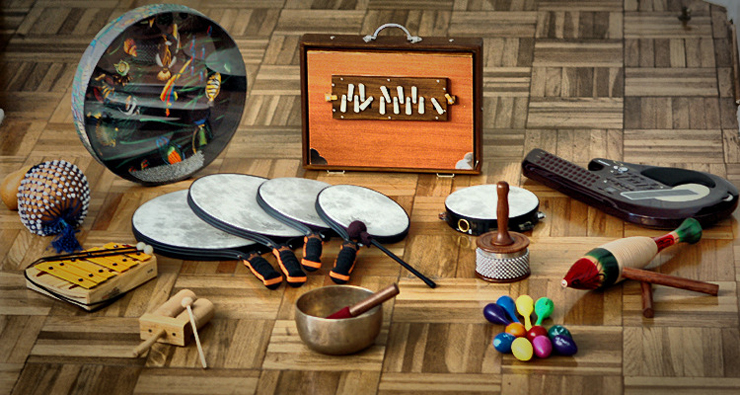
How can music therapy help?
● Manages pain and discomfort in stressful situations
● Reduces anxiety and stress and has a calming effect
● Provides an outlet for expression of feelings
● Maintain a sense of control over life experiences
● Improve and motivate communication and motor development
● Gain self-esteem and encourage socialization and self-expression
● Exhibit less negative behavior
● Music can stimulate cognitive functioning and may be used remediation of some speech/language skills
● Validate an individual’s life experiences
● Explore spiritual values
● Provide diversion and meaningful use of time
● Provide non-threatening means of opening up communication channels
● Offer a means to resolve past conflicts through reminiscence and life review
● Maintain client’s control as an individual by encouraging choices and decision-making
Why music?
Music affects the body and mind in many powerful ways. It can stimulate numerous regions, of the brain all at once including emotion, memory, and motor control. It helps the mind remember, think ahead, and pay attention.
Music stimulate all of the senses and involves the child at many levels. This multi-modal approach facilitates many developmental skills.
Music can be a powerful distraction during an episode of pain and discomfort.
Music therapy can improve personal and behavioral development, and self consciousness of an ailing person.
Anyone can participate in music therapy. You do not have to have any musical talents to benefit from music therapy!
Scientists think using music therapy may lead to new therapies for treating a wide range of emotional disorders, including depression, anxiety, and PTSD. By understanding how music activates and coordinates the various emotional mechanisms in the brain, and find ways to rewire a brain affected by illness or injury.
Music therapy help with your pain. Both music and pain can be classified as sensory input; therefore, music has the potential effect to block painful stimuli.
Music can be used to facilitate relaxation, therefore decreasing anxiety.
Music has a stimulation affect on the brain and increases the reconnection of neuro-synapses to maintain or increase motor function and cognition. Music therapists use Neurologic Music Therapy (NMT) techniques to facilitate this treatment.
Music therapy also has physical benefits, including:
● Strengthen immune system
● Improved respiration
● Lowered blood pressure
● Improved cardiac output
● Reduced heart rate
● Relaxed muscle tension
● Boost pleasure related activities in depressed patients.
In addition music therapy may allow for,
● Positive changes in mood and emotional states
● Active and passive patient participation in treatment
● Emotional intimacy with families and caregivers
Relaxation for the entire family. Meaningful time spent together in a positive, creative way.

